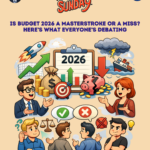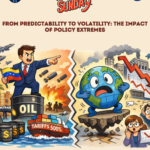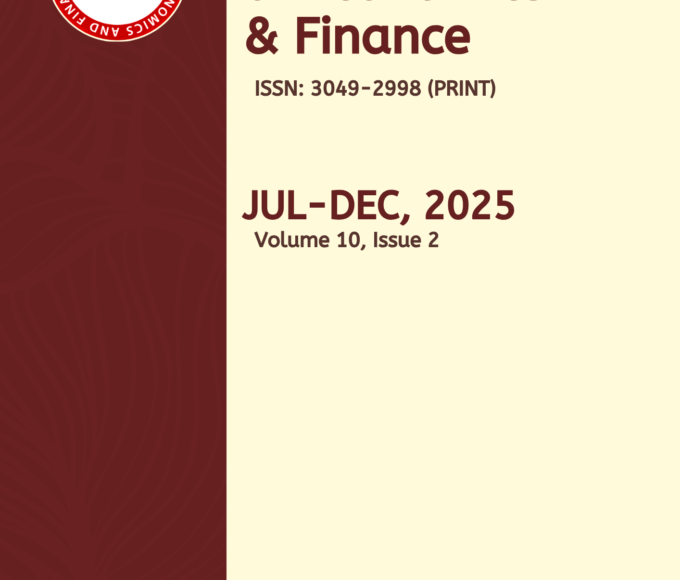March 2020, Volume 4, Issue No.2
The current recession faced by global economy is considered to be more destructive than the Global Financial Crisis, 2007-with a baseline forecast of 5.2% sis, contraction in global GDP in 2020. With US elections around the corner, a weakening dollar, chaos around the UAE Israel deal, Fed’s new plans of lifting inflation, disruptions in the worldwide supply chain- the global scenario is sturdily uncertain and predicting the road ahead is getting even more challenging.
The current state has revealed the structural problems pre-existing in the structural Indian economy. Whilst the current scenario demands an increased focus on health infrastructure, India’s health care infrastructure, expenditure as a % of GDP is abysmally low. The economy is expected to grow at 1.5% to 2% for FY 21, as per IMF and World Bank estimates. In the tepid demand scenario, the inflation is skyrocketing at 6.9% in the month of July. India has also been only one of the few economies facing PMI shrinkage in July, compared to a month ago. age
The sectors, which have gained out of the new normal, constitute of technology, pharmaceuticals, agriculture and FMCG catering to essentials. Financial institutions will bear the longest grunt of the crisis, with shadow banking crisis only worsening. The current scenario reveals a rather weak correlation between the stock markets and the economy-with Nifty reaching the overbought zone during the crisis.
Hence, in the next volume of the issue, we tried to cover various facets of the banking sector, the dire state of corruption in India and the inefficiency of the stock markets. TJEF has always aimed at presenting well-curated content from a bunch of ing enthusiasts possessing the right acumen for our reader base.
I would like to take this opportunity to appreciate the efforts put in by all the students to write for the journal.
Keep reading and keep the curiosity flowing!
Managing Editor – Anjali Agarwal
Here is the PDF version of Volume 4 Issue 2:

















Leave a comment